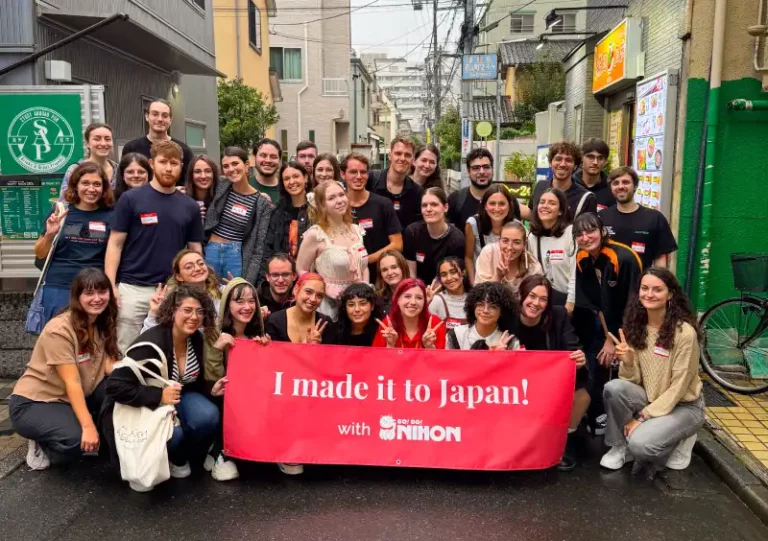
Studying Abroad in Japan
Planning of studying abroad in Japan? Complete guide for foreign students. Find study abroad programs, student visa, costs, housing, and school in Japan.
Home • Studying Abroad in Japan • Study Abroad Programs in Japan
This article will guide you through the various study programs in Japan and explain how to make your journey smooth and straightforward.

Japan offers diverse study abroad programs for foreign students, from immersive language studies to world-class university programs. In this article, you will discover:
Japan provides various opportunities for foreign students to study in Japan. From short studies to long-term degree choices, there’s something for every type of learner in Japan.
Japan offers a variety of study abroad programs designed to meet diverse interests and time commitments.
With over 15 years of experience in facilitating study abroad experiences in Japan, we can help you select the right program. We recommend carefully reviewing the specific requirements, courses, and application procedures for each program to ensure you find the best fit for your academic and personal goals.
Here is a list of study abroad programs in Japan for international students:
DISCLAIMER:
Go! Go! Nihon does not offer application support for University Exchange Programs and Scholarship Programs. This information is for educational purposes only.
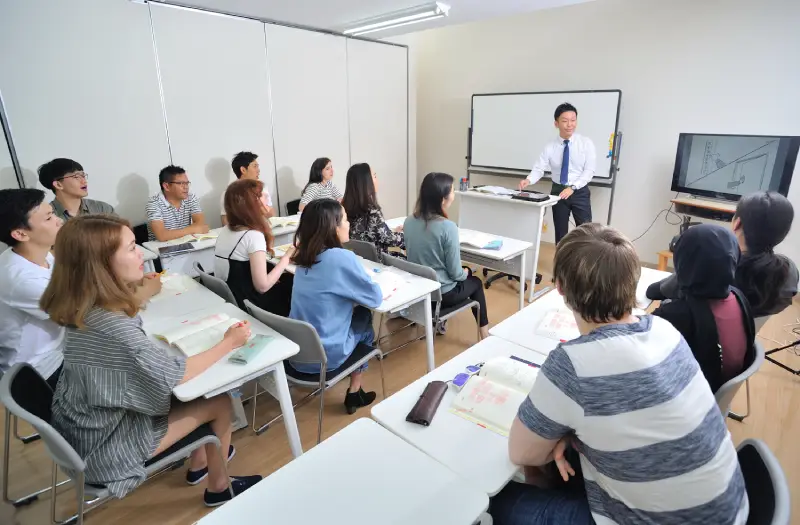
Japanese language schools focus on enhancing Japanese language skills and developing an understanding of Japanese culture and traditions.
These schools are ideal for those who wish to study and live in Japan for up to two years and have an interest in Japanese life.
You can find the best language schools in Japan to learn Japanese from experienced instructors in a classroom setting with students from around the world.
Clarissa, an Italian student, wanted to learn Japanese and experience Japanese culture up close and personal. Go! Go! Nihon helped her enroll at Shinjuku Japanese Language Institute (SNG) and sorted out her visa paperwork. SNG’s immersive approach to teaching really boosted Clarissa’s Japanese skills and cultural knowledge, making it easy for her to adjust to life in Japan.
DID YOU KNOW?
We have helped over 15,000 students achieve their goal of studying and living in Japan. Most of them started by joining a Japanese language school, a very important first step for people who want to find a job and live in Japan after they finish school.
But how do Japanese language schools work and what should you do if you want to join a Japanese language school program?
To enroll in a Japanese language school program, it is essential to understand how the school terms operate. This knowledge will assist you in planning your student visa, study schedule, and overall progress in the study abroad program.
Japanese language school terms typically begin in January, April, July, and October. Most schools follow a two-year curriculum that concludes in March.
While you can start your program at any term, the duration of your studies may vary depending on the term of enrollment. As school schedules can differ, it is important to confirm the specifics with a student coordinator.
Now that you know how the terms work, you can decide which one is right for you.
Selecting the appropriate term depends on your objectives and current Japanese language level.
Here are our recommendations for choosing the right term:
The process of applying to a Japanese language school program can be challenging. Organizations specializing in study abroad programs in Japan, such as Go! Go! Nihon, simplify this process. We facilitate the application process and offer assistance.
It is recommended to begin your Japanese language school application at least six months before your intended start date.
For instance, if you plan to start studying in October, you should contact us in April to start the application.
Starting early ensures that all arrangements are completed in time for your study abroad in Japan.
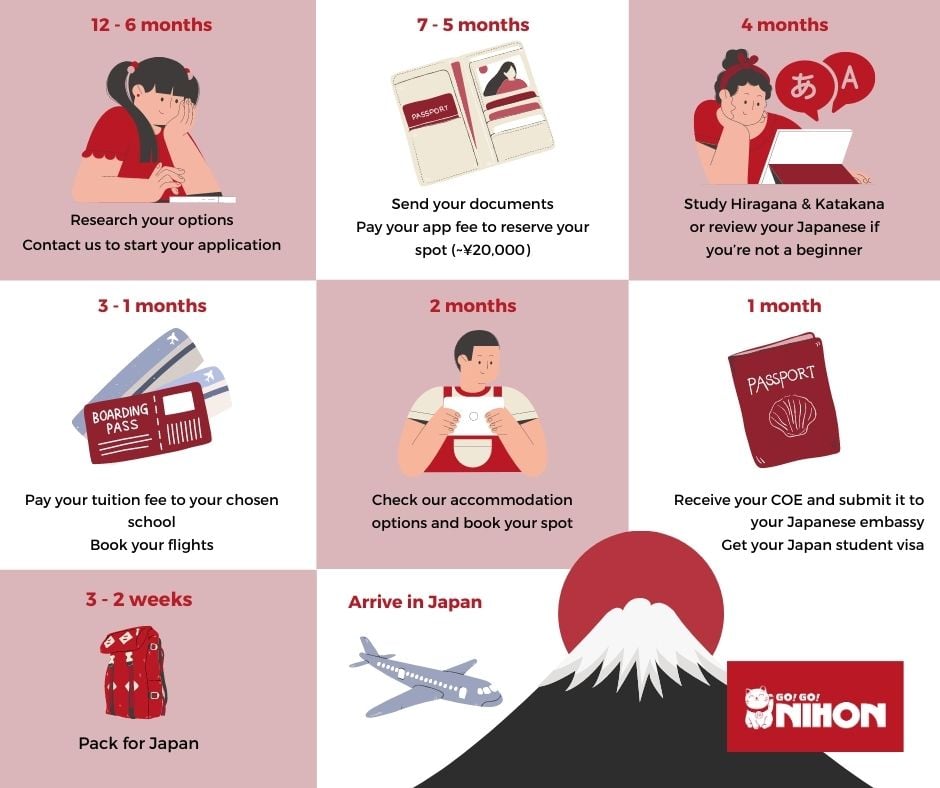
Go! Go! Nihon’s Study Trip Programs offer the opportunity to live and learn in Japan for two to four weeks. Participants take Japanese language lessons, engage in cultural activities, and stay in local accommodations.
These programs cater to diverse interests, from Japanese pop culture to traditional arts, and include unique experiences such as tea ceremonies, visits to the Ghibli Museum, and karaoke sessions.
Here are several reasons why a study trip in Japan could be the perfect adventure:
We understand that studying abroad in Japan is a significant decision. Our short-term study abroad programs, such as our Study Trips, can help you experience living and studying in Japan before committing to a long-term program.
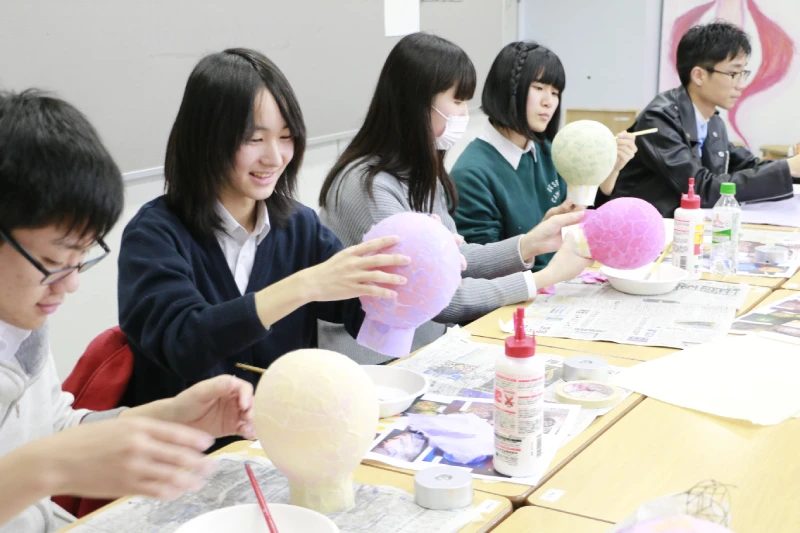
In Japan, vocational schools, known locally as Senmon Gakko, are post-secondary institutions that provide specialized training in practical, career-oriented fields.
These schools are designed for students who wish to acquire specific skills and knowledge for particular professions.
Examples of fields you can study at a vocational school in Japan include:
Go! Go! Nihon’s partner vocational school Yokohama Design College, offer specialized courses focused on developing Japanese language proficiency, practical skills, and industry knowledge.
Here are several reasons to consider vocational schools in Japan:
DID YOU KNOW?
Vocational schools in Japan are an excellent way to start your career and can provide opportunities to work in Japan.

DID YOU KNOW?
Go! Go! Nihon has been connecting international students with leading Japanese schools, including universities and colleges, since 2009.
Enrolling in a university program in Japan is a way to study and experience life in the country.
Some universities in Japan, including our partner universities, offer complete degree programs in English:
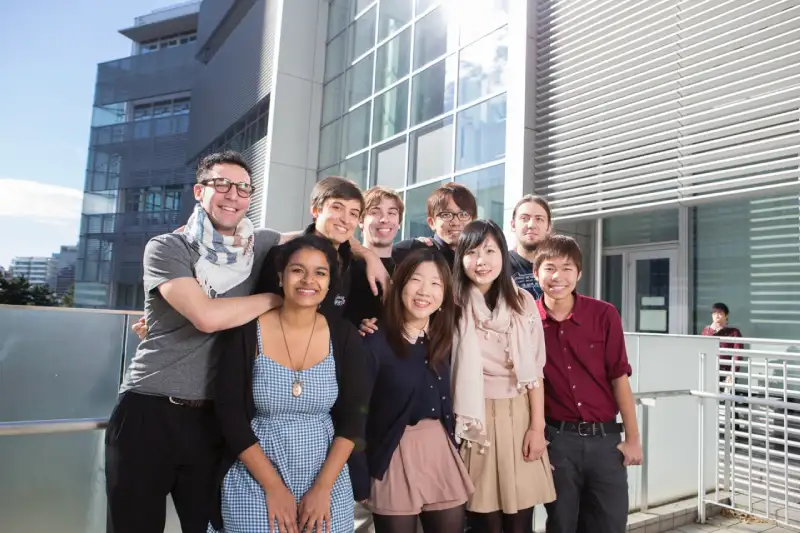
Hosei University, a distinguished private university in Tokyo, was established in 1880 as the Tokyo School of Law. With three campuses, 15 faculties, and 38 departments, Hosei University is dedicated to supporting student success and cultivating leaders in various fields.
For those seeking programs in English, Hosei University offers four options:
In 2023, Hosei University had 1,554 international students and partnerships with 269 universities in 50 countries, contributing to a welcoming global community.

Ritsumeikan Asia Pacific University (APU) is located in Beppu and has been developing global leaders since its establishment in 2000. As the leading private university in Western Japan, APU features a unique E-Track Program that allows students to study entirely in English while also learning Japanese to prepare for careers in Japan.
With a student body comprising nearly half of students from 167 countries, APU delivers a highly multicultural experience focused on intercultural coexistence, responsible leadership, and sustainable development—skills essential for addressing global challenges.
These programs attract students from around the world and are ideal for those seeking a comprehensive academic experience without requiring advanced Japanese language skills.
Here are three reasons to consider a university program in Japan:

Globis University is the top-ranked business school in Japan and has the highest number of students pursuing Master of Business Administration (MBA) degrees.
Located in Tokyo, it offers a one-year, full-time MBA program for individuals with a bachelor’s degree or substantial work experience.
This program provides a strong business education focused on developing effective leaders by helping students realize their potential, define their personal mission, acquire practical skills, and establish lifelong global connections.
University exchange programs provide an opportunity to study at a Japanese university while remaining enrolled at your home institution.
Participants can take courses related to their major, study the Japanese language, and experience Japanese culture.
These programs typically last one semester or a full year and may allow for credit transfers to the student’s home institution.
DISCLAIMER:
Go! Go! Nihon does not offer application support for University Exchange and Scholarship programs. This information is for educational purposes only.

The Japanese government provides scholarships, such as MEXT, to support students in studying at Japanese universities. These programs may cover tuition, travel costs, and living expenses.
The Ministry of Education, Culture, Sports, Science and Technology (MEXT) offers the Monbukagakusho Scholarship to international students who wish to study at a Japanese university.
This scholarship may include tuition, a monthly allowance, and travel expenses.
The Japan Student Services Organization (JASSO) also offers a scholarship program that provides financial support for students studying in Japan.
Government-funded scholarships are not the only option; scholarships from private foundations and universities in Japan are also available.
DISCLAIMER:
Go! Go! Nihon does not offer application support for University Exchange Programs and Scholarship Programs. This information is for educational purposes only.
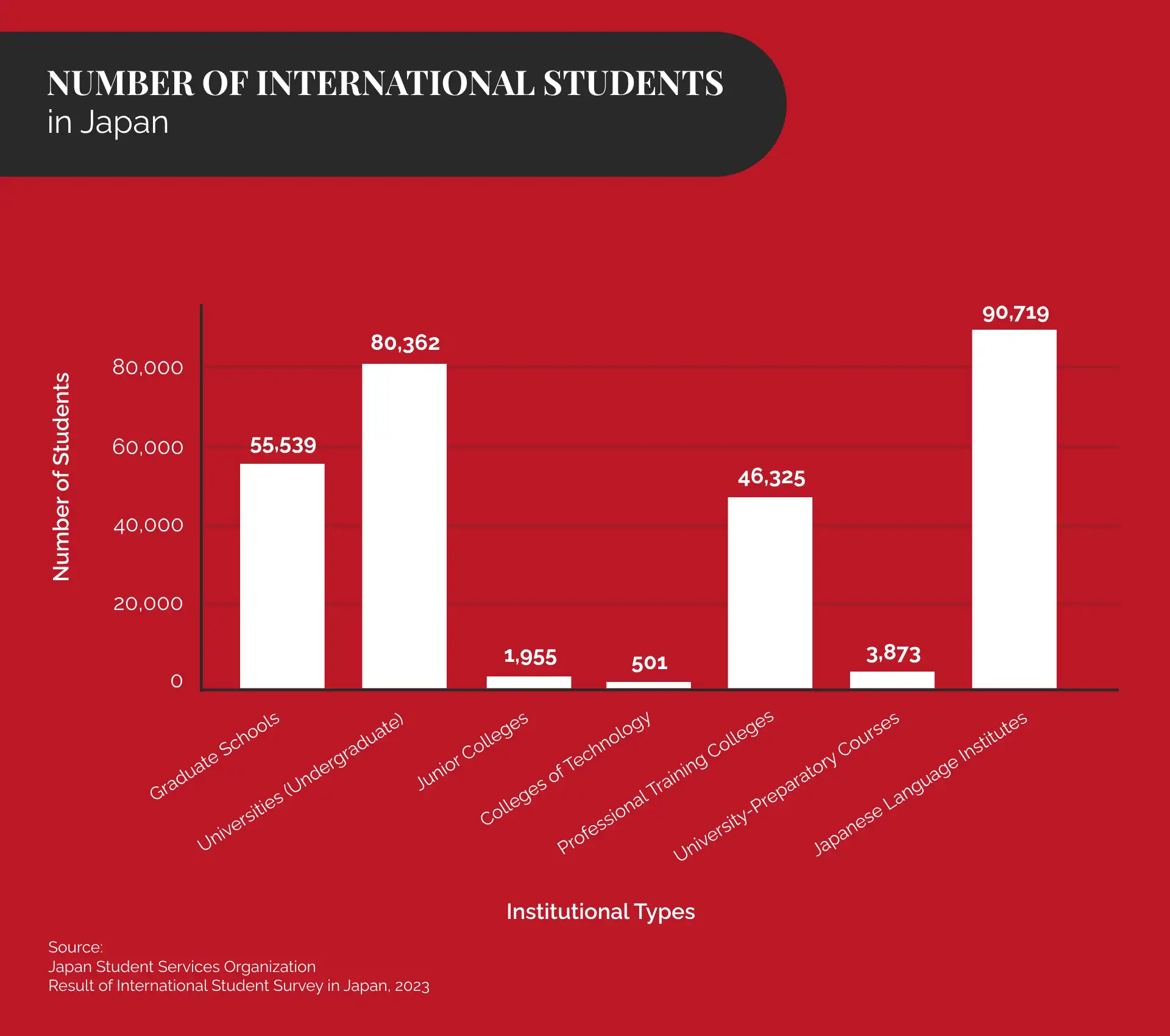
The 2023 Survey of International Students in Japan by JASSO provides valuable insights. Notably, many international students are interested in acquiring basic Japanese language skills and pursuing degrees in Japan.

Now that you are familiar with the various study abroad programs in Japan, what are the keys to success for your studies?
Choosing the right study abroad program in Japan requires careful consideration of your goals, interests, and practical needs.
To ensure a rewarding and successful experience, reflect on what you want to achieve, from language learning to career opportunities.
Here’s a guide to help you make the right choice:
If you have any uncertainties about studying in Japan, contact us for expert advice to ensure you make the most of your time. Our services are free of charge.
DID YOU KNOW?
Go! Go! Nihon’s partner schools undergo thorough scrutiny to ensure the highest quality of education in Japan.

Go! Go! Nihon is committed to realizing your dream of living and studying in Japan by providing comprehensive support throughout your journey.
We collaborate with Japan’s top schools to identify the ideal program tailored to your needs, whether you are a beginner or an advanced learner.
From short-term study abroad programs lasting a few weeks to full two-year language courses, we assist you in selecting the appropriate path to achieve your objectives.
Recognizing the challenges of relocating to a new country, we manage the planning process on your behalf.
Our team offers assistance with:
Finding accommodations
Identifying schools
Applying for your school/student visa
Arranging airport pick-up
Securing a SIM card
Preparing for life in Japan
Our services are provided free of charge. The amount you pay for your school is the same as if you applied independently.
Additionally, we offer support in seven languages, including
For those not yet ready to move or wishing to begin early, we provide expertly designed online Japanese courses, developed in partnership with leading Japanese language schools, enabling you to learn from anywhere.
DID YOU KNOW?
With over 15 years of experience and more than 15,000 satisfied students, we take pride in helping international students from around the globe begin on their journey to live and study in Japan through various study abroad programs, hassle-free.
Japan provides unique study abroad programs tailored to diverse interests and durations, offering a blend of language acquisition, cultural immersion, and innovative learning.
Studying abroad in Japan can be a transformative experience, whether your goal is to learn the Japanese language, immerse yourself in cultural traditions, or pursue a degree at a prestigious university.
Various study options are available, including university exchanges, vocational schools, and language schools. Additionally, scholarships and support services are accessible.
Begin on your study abroad journey in Japan! Contact our student coordinators today.

Planning of studying abroad in Japan? Complete guide for foreign students. Find study abroad programs, student visa, costs, housing, and school in Japan.

Learn Study abroad programs in Japan! Find programs for all interests & durations. Explore language schools, universities & get help applying free of charge.

Essential guide on working in Japan for international students. Information on eligibility, finding part-time jobs, visa requirements and rules, and salary.
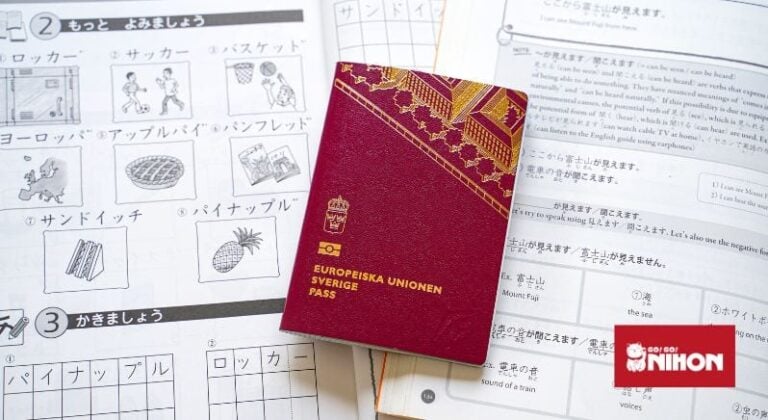
Your complete Japan student visa guide. Learn about requirements, deadlines, & working part-time. Go! Go! Nihon simplifies your application.

Looking for the best places in Japan for studying abroad? Get insights into cities, costs, and more. Begin your study abroad journey.

This guide details how to study abroad in Japan for foreign students, including processes, visas, costs, top destinations, and expert tips. Discover more.

This guide details how to study abroad in Japan for foreign students, including processes, visas, costs, top destinations, and expert tips. Discover more.
🎌 Join our next Webinar!
Learn Japanese in Japan with Go! Go! Nihon: Info Session and Q&A